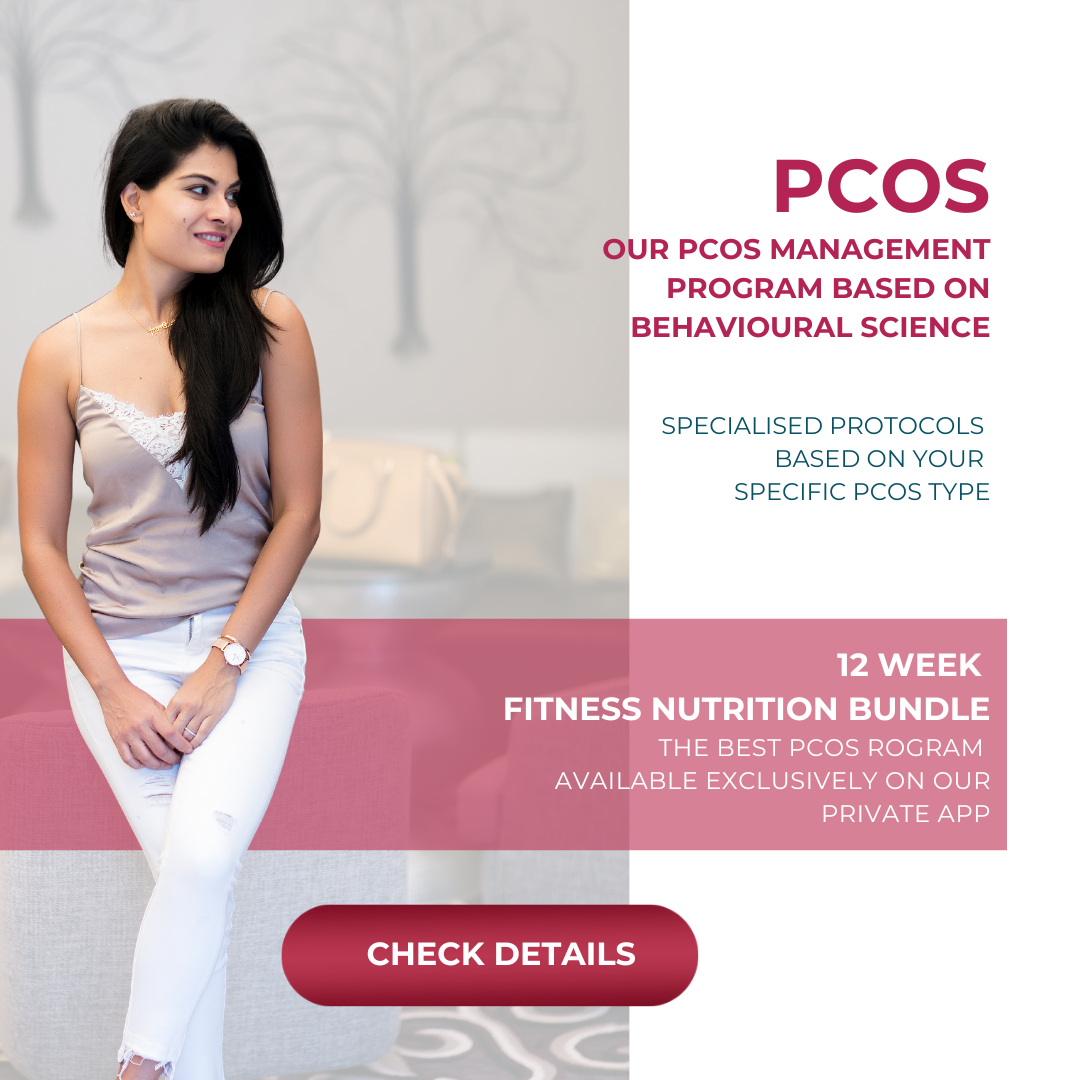The Importance of Protein and Why It's a Challenge for Indian Vegetarians
When it comes to healthy living, weight loss, and building a toned physique, one nutrient stands out as a true powerhouse: protein. Despite its significance, many Indians—especially vegetarians—struggle to get enough of it in their diets. In this blog, we'll explore why protein is essential, the unique challenges faced by Indian vegetarians, and how to overcome them with practical solutions (and yes, some delicious high-protein recipes too!).
High-Protein Vegetarian Recipes and High-Protein Breakfast Recipes
Why Protein is Essential
-
Muscle Building and Repair: Protein provides amino acids, which are the building blocks for muscle. Without sufficient protein, your body struggles to repair muscles after workouts, leading to slower progress.
-
Weight Loss and Fat Burning: Protein increases satiety, meaning you stay fuller for longer. This reduces hunger pangs and controls cravings, making it easier to stick to your weight loss goals.
-
Hormonal Balance: Many hormones, such as insulin and ghrelin (the hunger hormone), are protein-based. Adequate protein intake helps regulate hormones, which is especially crucial for women with PCOS or hormonal imbalances.
-
Better Hair, Skin, and Nails: Hair and nails are made of keratin, a type of protein. If your diet lacks protein, it can lead to hair thinning, brittle nails, and dull skin.
-
Boosts Immunity: Protein is vital for the production of antibodies and immune cells. A protein-deficient diet can weaken your immunity, making you more susceptible to illnesses.
Why Do Indian Vegetarians Struggle to Get Enough Protein?
-
Limited Sources of Complete Proteins
-
Animal-based foods (like meat, fish, and eggs) are "complete proteins" that provide all 9 essential amino acids. For vegetarians, most plant-based protein sources lack one or more essential amino acids.
-
Common Indian staples like rice, roti, and dal are not complete proteins by themselves. While they do provide some protein, it’s often not enough.
-
-
Over-reliance on Carbs
-
A typical Indian meal consists of rice, roti, and sabzi (vegetables) with dal or curd. This combo is high in carbs and low in protein.
-
Foods like poha, upma, idli, and paratha—all popular breakfast choices—offer minimal protein but plenty of carbs.
-
-
Cultural and Taste Preferences
-
Many Indian households still follow traditional cooking styles that prioritize taste and comfort over nutrition. Protein sources like quinoa, tofu, and nutritional yeast are often seen as "foreign" or "expensive".
-
For vegetarians, the limited availability of protein-rich foods like tempeh, seitan, and protein supplements further narrows their choices.
-
-
Inadequate Knowledge
-
Many people aren't aware of the importance of protein or where to source it from. There’s a common misconception that dal, rajma, and chole are "high-protein" foods, but they’re actually more carb-heavy than protein-dense.
-
-
Lack of Awareness About Plant-Based Complete Proteins
-
Some plant-based combinations can create a "complete protein". For example, rice and dal together provide all essential amino acids. But most people don't know this simple hack.
-
How Indian Vegetarians Can Boost Their Protein Intake
-
Mix and Match Foods for Complete Proteins
-
Combine cereals (rice, wheat) with pulses (dal, chickpeas, kidney beans) in one meal to get all essential amino acids.
-
Examples: Dal-rice, khichdi, rajma-chawal, and hummus with whole-wheat pita.
-
-
Incorporate High-Protein Foods in Daily Meals
-
Paneer: A rich source of protein and a versatile ingredient for curries, tikkas, and wraps.
-
Tofu and Tempeh: These soy-based superfoods are high in protein and work well in Indian-style stir-fries, curries, and even sandwiches.
-
Lentils, Beans, and Legumes: Rajma, chole, moong dal, and masoor dal are great sources of protein.
-
Quinoa and Amaranth: Substitute rice with quinoa for a protein boost.
-
Nuts and Seeds: Chia seeds, flaxseeds, and pumpkin seeds offer a protein punch. Use them in smoothies, oatmeal, or snacks.
-
-
Try Protein-Rich Breakfasts
-
Swap carb-heavy breakfasts with protein-packed options like:
-
Besan (gram flour) chilla
-
Moong dal chilla
-
Oatmeal with chia seeds
-
Greek yogurt with nuts and seeds
-
-
-
Snack Smart
-
Instead of chips or biscuits, try roasted chana, fox nuts (makhana), or protein bars (check labels for actual protein content).
-
-
Use Protein Powders (If Needed)
-
If you’re unable to meet your protein goals through whole foods, consider a high-quality plant-based protein powder.
-
Signs You May Be Protein Deficient
-
Constant fatigue and low energy levels
-
Unexplained hair fall or thinning hair
-
Weak nails that break easily
-
Slow muscle recovery after workouts
-
Persistent hunger and frequent cravings
-
Weakened immune system (falling sick often)
If you recognize these signs, it's time to prioritize protein in your diet!
Easy Protein-Rich Recipes for Indian Vegetarians
If you're wondering, "How do I actually put all of this into practice?", don't worry—we've got you covered! Here are some simple, tasty, and protein-packed recipes that even the busiest people can prepare.
-
Chickpea Spinach Curry
-
Tofu Bhurji (Tofu Scramble)
-
Paneer Stuffed Paratha
-
Moong Dal Chilla (Savory Pancakes)
-
Quinoa Khichdi
These recipes are quick, easy, and full of flavor. Check out our High-Protein Vegetarian Recipes and High-Protein Breakfast Recipes for step-by-step guides to making these delicious dishes.
Protein is a must-have nutrient that supports weight loss, muscle gain, immunity, and even hormone health. While it’s true that Indian vegetarians face unique challenges in meeting their protein needs, it’s far from impossible. By making simple changes to your daily meals—like pairing the right foods, choosing high-protein ingredients, and trying new recipes—you can meet your protein goals without feeling deprived.
Remember, it’s not about eating "more" food; it’s about eating "better" food. Ready to get started? Check out our High-Protein Vegetarian Recipes and High-Protein Breakfast Recipes to fuel your fitness journey with delicious, protein-packed meals.


Leave a comment